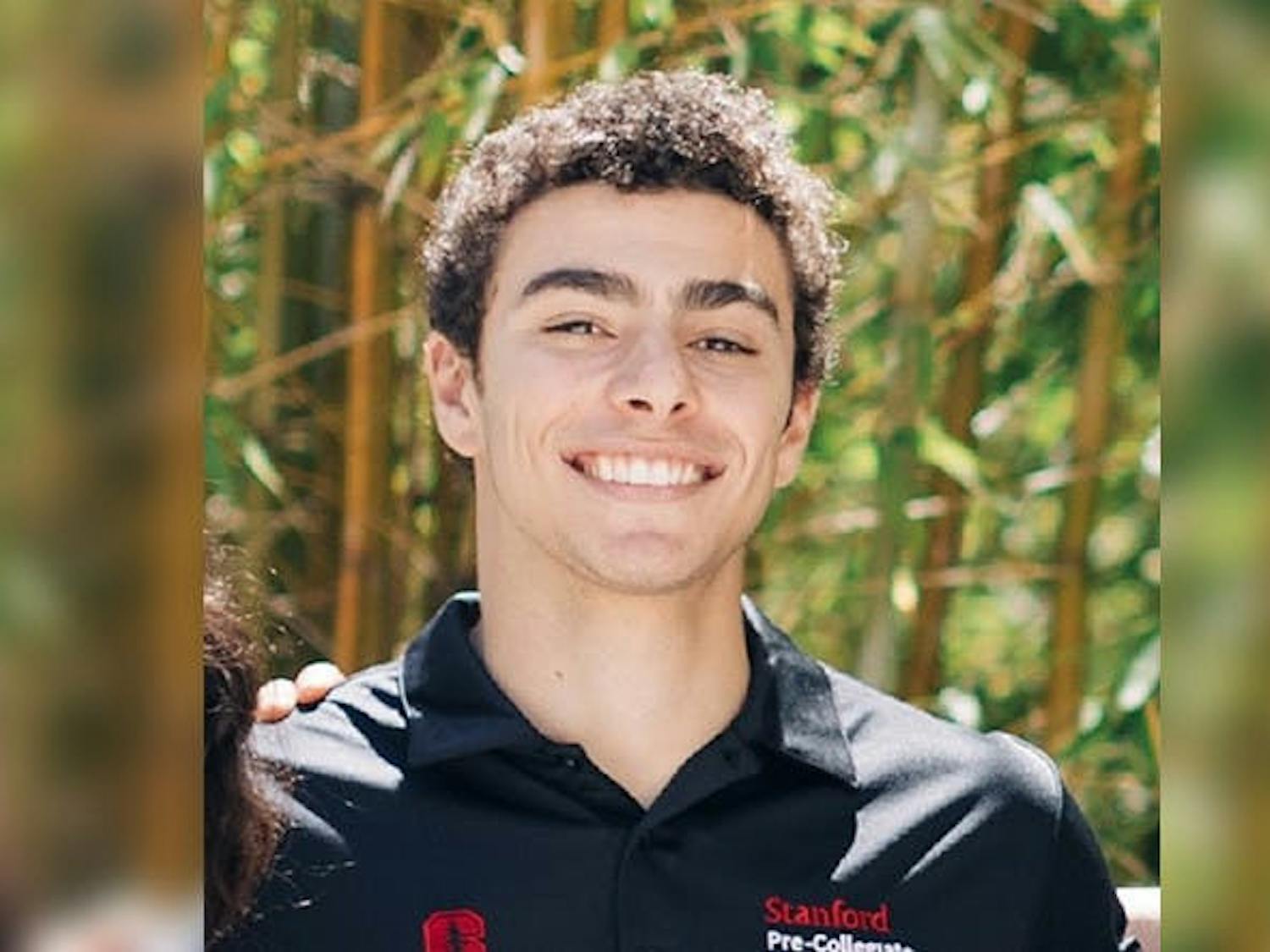Quakers caught and convicted for underage drinking could be looking at steeper penalties this year.
Senate Bill 941, signed by Gov. Tom Corbett in October, raised the maximum fine for a first offense to $500 and the maximum for a second offense to $1,000. The old fines were $300 and $500, respectively. The increased fines went into effect on Dec. 24 of last year.
This is the first time the penalty for underage drinking has been raised since 1972.
“It’s an important step in the state for the legislature to recognize the issue,” Vice President for Public Safety Maureen Rush said.
Rush said that when the Division of Public Safety cites someone for underage drinking, the person is typically not cited for that offense alone. The underage drinking citation is usually in conjunction with another type of wrongdoing, like disorderly conduct.
“Universities have a few more tools in their toolbox” in regards to policing underage drinking, she said. At Penn, this means that many times when a student is cited for underage drinking, DPS also takes the issue to the Office of Student Conduct.
The bill was sponsored by state Sen. Jake Corman, whose district includes State College, home of Pennsylvania State University.
Scott Sikorski, the legislative director for Corman, said that underage drinking is “a money drain and a time drain” on local governments.
Related
The issue is about “problematic drinking,” he added. It is “eating up the budget of local police forces” and has “hindered the community from going about its business,” particularly around Penn State’s campus, he said.
In addition, Sikorski added that hospital visits for cases involving underage drinkers in Corman’s district have been increasing yearly.
Rush said that on Penn’s campus, they have seen “a little bit of an uptick” in alcohol-related visits to the hospital, but that increase is confined to female students.
The fines are meant to be a more powerful deterrent against people drinking underage, according to Sikorski. “Our concern was that if the deterrent wasn’t strong enough, it wouldn’t act as a deterrent,” he said. “Everyone might make a mistake, but maybe that second offense will not happen.”
Rush agreed the increased sanctions would serve as a deterrent. She also noted that another deterrent was the fact that the Bureau of Liquor Control Enforcement, a branch of the Pennsylvania State Police, “can come into any party or bar and write a citation.”
Wharton freshman Melanie Smith said she had never heard of the new law. However, “if Penn students knew about it, I think they’d be more conscientious about where they drink,” she said.
There were some students, however, who disagreed that the law will prove effective.
College sophomore Alex Droznin-Izrael, who also said he had never heard of the increased fines, said he believed that the law would not prove effective, since underage drinking “is so deeply ingrained in the culture here” at Penn.
College senior Chris Carroll agreed that he believed the law would not discourage underage drinking, because he said not many Penn students get in trouble for drinking anyway.
“I’ve never heard of anyone getting into real trouble” in regards to drinking underage, Carroll said.
However, Rush stressed that students should be aware of potential ramifications of their actions.
“It’s important for students to know their underage drinking is not without consequences,” Rush said.








